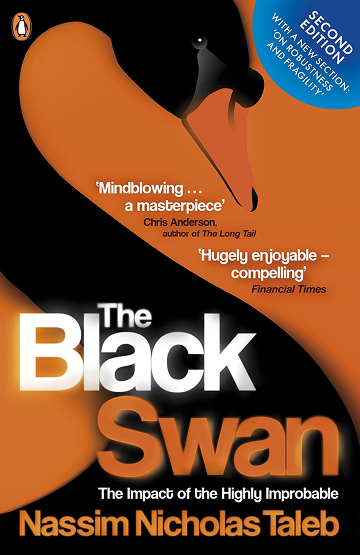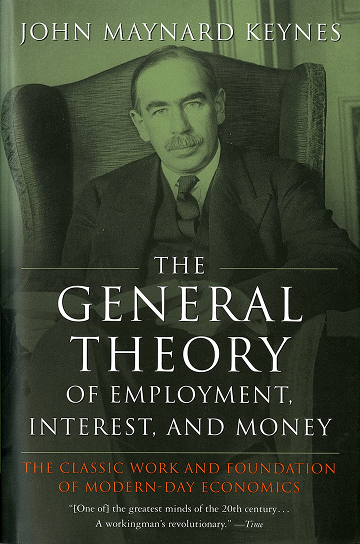
Thomas Rowe Price Biography, Career, Net Worth, and Key Insight



Thomas Rowe Price’s Profile Summary
|
Company
|
T. Rowe Price |
|---|---|
|
Position
|
Thomas Rowe Price, Jr. was the founder of T. Rowe Price & Associates, established in 1937. He served as the head of the firm until 1966, |
|
Source of wealth
|
Asset management fees, performance-based fees from mutual funds and separate accounts, ownership stake in T. Rowe Price |
|
Also known as
|
Visionary investor, advocate of growth investing philosophy. |
|
Years of life
|
16.03.1898 - 20.10.1983 |
|
Education
|
Swarthmore College - Bachelor's degree in Chemistry |
|
Citizenship
|
United States |
|
Residence
|
Baltimore, Maryland, USA |
|
Family
|
Thomas Rowe Price Jr. was married to Eleanor Baily Gherky. They had two sons: Richard Baily Price and Thomas Rowe Price II |
|
Website, Social Media
|
https://www.troweprice.com/ |
Thomas Rowe Price’s biography
Born on March 16, 1898, in Glyndon, Maryland, Thomas Rowe Price, Jr. initially pursued a career as a chemist after graduating from Swarthmore College. However, he soon found his passion in finance, leaving his job at DuPont to work for several brokerage firms. In 1937, during the Great Depression, Price founded T. Rowe Price & Associates, driven by a belief in growth investing and a client-centered approach. He revolutionized the investment world by advocating for charging annual management fees based on assets under management, rather than commissions, aligning the firm's success with its clients'. His "Growth Stock" philosophy focused on investing in companies with strong long-term growth potential, a method that has become synonymous with his name. Over the years, Price's approach helped his firm grow significantly, with the launch of the T. Rowe Price Growth Stock Fund in 1950 marking one of the firm's early successes. Even after his retirement in 1971, his legacy in growth investing remained influential. He passed away in 1983, but the firm continued to thrive, becoming a global leader in asset management-
How did Thomas Rowe Price make money?
Thomas Rowe Price makes money in the following areas:
Asset management fees, performance-based fees from mutual funds and separate accounts, ownership stake in T. Rowe Price
-
What is Thomas Rowe Price net worth?
As of 2025, there is no publicly available and reliable information regarding Thomas Rowe Price’s net worth.
What is Thomas Rowe Price also known as?
Thomas Rowe Price, Jr. is best known for pioneering the "Growth Stock" philosophy. He revolutionized the investment industry by focusing on long-term capital appreciation through careful research and investing in companies with potential for above-average earnings growth. This approach differentiated him from value investors and placed him among the early adopters of what is now a well-regarded investment strategy. Price is also regarded as a visionary in aligning the interests of investors and clients by advocating for fees based on assets under management rather than commission-based systems. His legacy in growth investing continues to influence modern investment strategiesProminent achievements of Thomas Rowe Price
Thomas Rowe Price Jr. is renowned as the "Father of Growth Investing" and was one of the first to promote a fee structure based on assets under management. He launched the T. Rowe Price Growth Stock Fund in 1950, which became one of the best-performing equity mutual funds of its time. Under his leadership, T. Rowe Price & Associates became a global asset management firm, managing $1.4 trillion as of 2023What are Thomas Rowe Price’s key insights?
Price believed in growth investing, advocating for investing in well-managed companies with strong growth potential and holding them long-term. His philosophy emphasized thorough research, including direct interaction with company management. He rejected the commission-based model of investing, choosing instead to charge fees based on assets under management, aligning his interests with his clients'. Integrity, client service, and the focus on long-term growth were central to his approach
Thomas Rowe Price’s personal life
Thomas Rowe Price Jr. married Eleanor Baily Gherky in 1927, and together they had two sons, Richard Baily Price and Thomas Rowe Price III. Eleanor came from a notable family; her father was an inventor and engineer who worked with Thomas Edison. Price’s extended family also includes S. Duncan Black, co-founder of the Black & Decker company
Useful insights
Understanding market forces
In my experience, to truly succeed as an investor, it’s essential to understand the driving forces behind market behavior. Market movements aren’t random—they’re influenced by a range of economic theories and dynamics. The following books provide valuable insights into these forces, offering a deeper understanding of how global financial markets operate and what shapes their trends.
-
Nassim Nicholas Taleb – "The Black Swan"

-
Summary:
Taleb explores the concept of rare, unpredictable events—so-called "Black Swans"—that can have massive impacts on markets and society. These events are often overlooked by traditional risk management models, leading to devastating consequences when they occur. Taleb illustrates how these unpredictable shocks shape our world, often more than gradual, expected changes.
-
Why read it:
This book challenges conventional thinking about risk and uncertainty, showing that many major historical and financial events were "Black Swans." It's a vital read for investors who want to build resilience in the face of market volatility.
-
-
John Maynard Keynes – "The General Theory of Employment, Interest, and Money"

-
Summary:
Keynes revolutionized economics by focusing on total demand within an economy and its effect on output and inflation. His theory suggested that government intervention could stabilize economic cycles through fiscal and monetary policy. The book also explains the consequences of under-consumption and the role of interest rates in managing economic stability.
-
Why read it:
For investors interested in macroeconomic trends and policy impacts, Keynes’ work is essential. Understanding the Keynesian framework can help investors predict how government actions might influence market performance.
-
Other profiles in category
Popular Financial Guides
Latest Financial News

South Africa unveils digital visas to attract film and events

South Africa invests R710 million to expand free Internet access































































































































